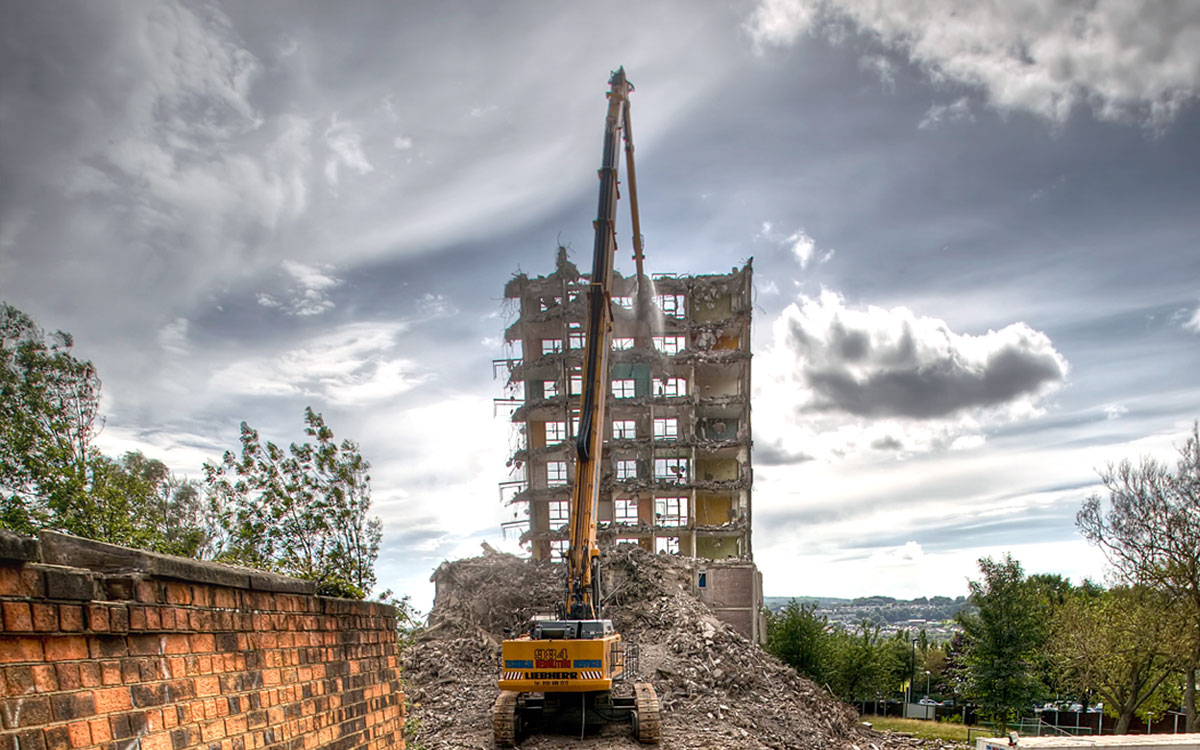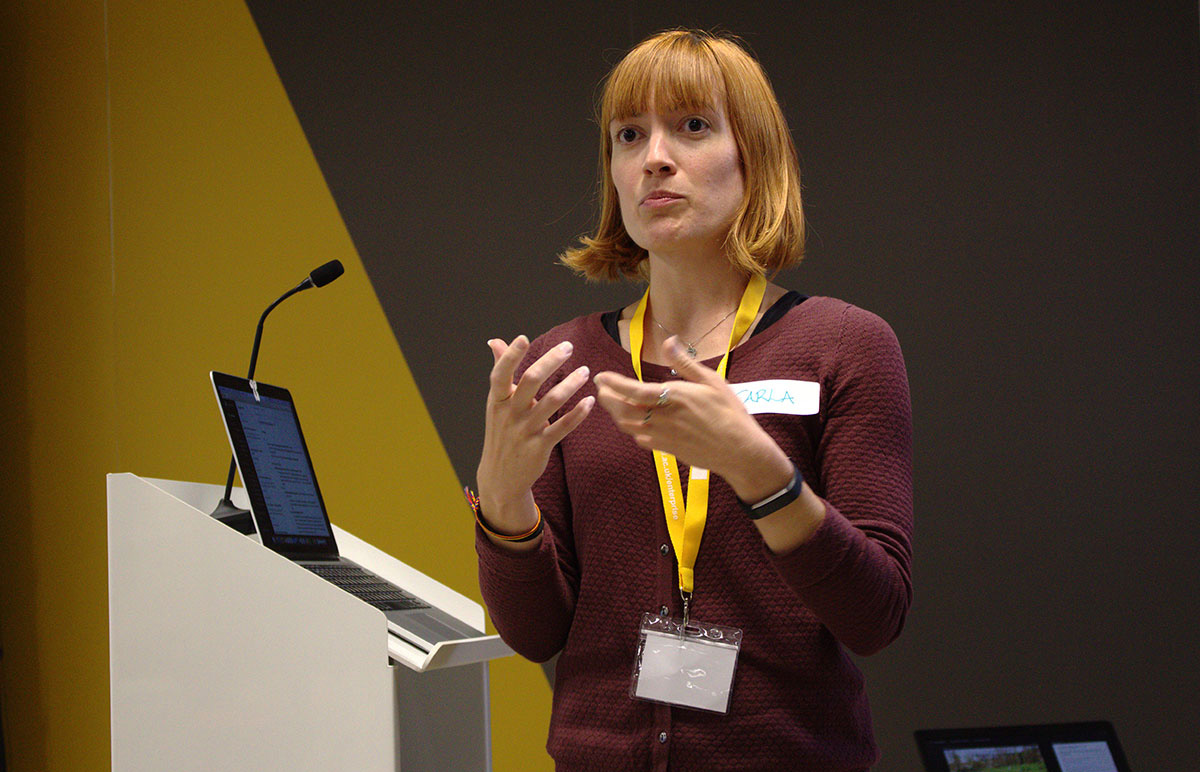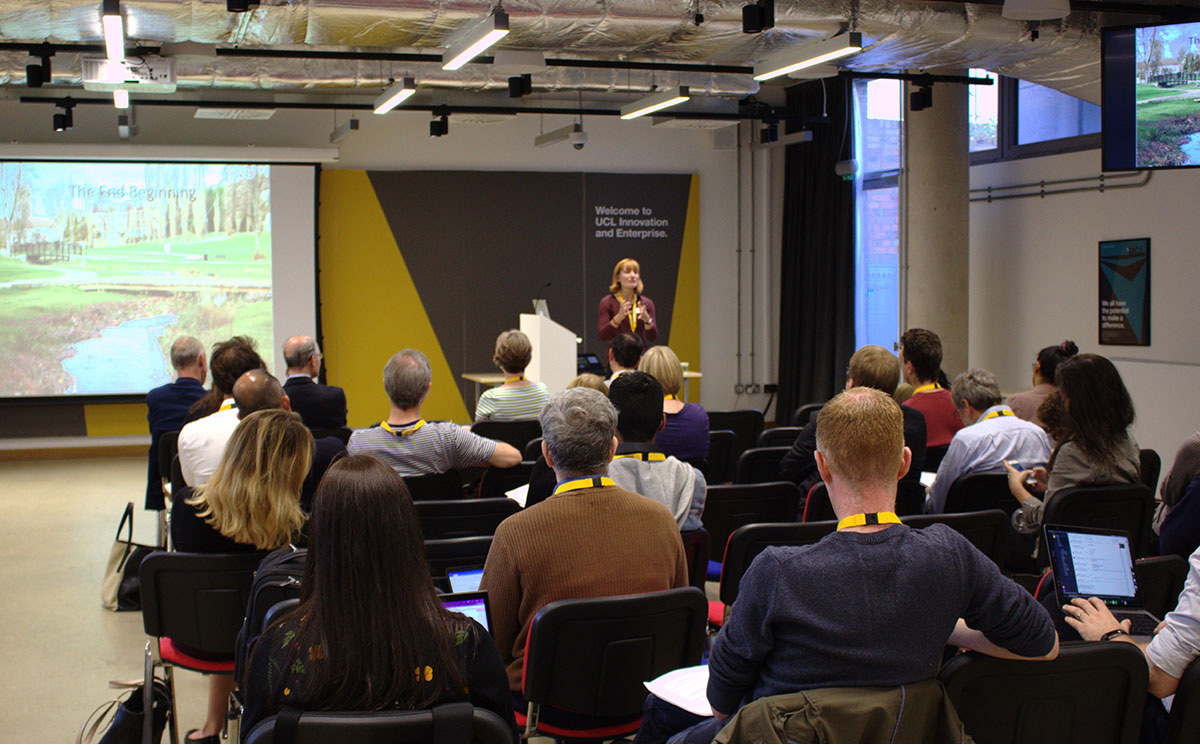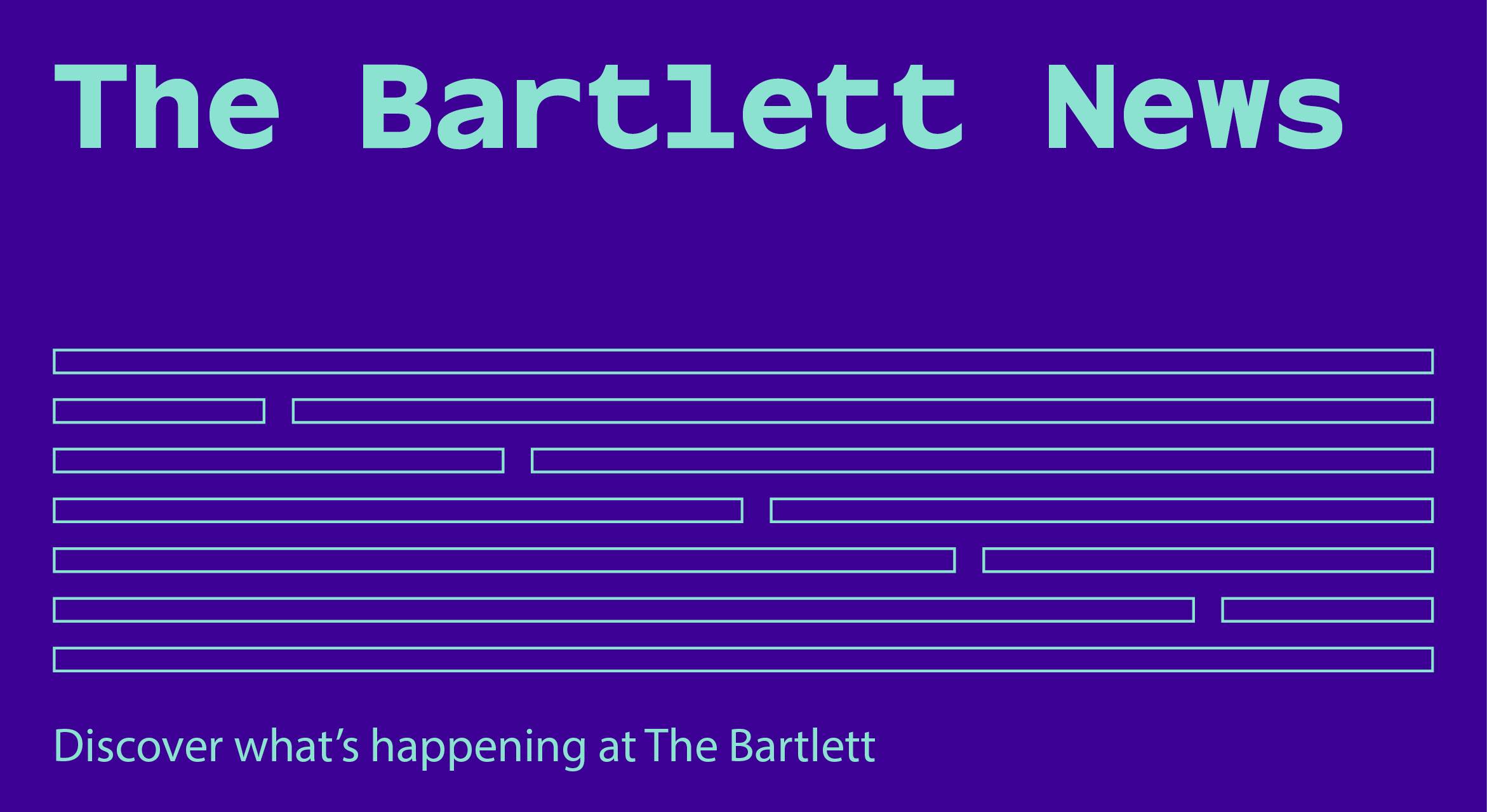The brainchild of Professor Sarah Bell, the Engineering Exchange gives local communities access to pro-bono engineering and built-environment expertise when they need it most.

Close to demolition. Working with UCL Urban Laboratory, the Engineering Exchange found that housing refurbishment is often better than demolition when taking into account social, environmental and energy factors. Credit: mAnch3go for Flickr
Around 20,000 homes a year are demolished in the UK. Decisions on whether to repair, retrofit or demolish housing are complex, and are based on appraisals of the country’s housing stock – the so-called ‘whole building stock’ approach – and the performance of individual estates and buildings. These decisions are also among the most contentious in urban planning.
In 2014, two community groups – Just Space and the London Tenants Federation – approached the Engineering Exchange (EngEx) at UCL for help. They represent London tenants and residents in policy and planning forums, and identified the need for an independent review of the technical evidence for demolishing or refurbishing social housing in London. The newly-formed EngEx got to work.
Set up by Sarah Bell, an engineer and professor at The Bartlett’s Institute for Environmental Design and Engineering (IEDE), the Engineering Exchange exists to provide local communities with access to engineering and built-environment expertise, drawing on academics and researchers from across UCL’s Faculty of Engineering and The Bartlett (both of which also co-fund it).
Expert matchmakers

Dr Carla Washbourne, EngEx Co-Director, Green Infrastructure. Credit: Charlotte Barrow
Bell noticed that the community-based aspect of her profession tended not to be locally-focused – it was much easier to find engineers working on international aid projects than with community groups in London. She decided the EngEx could be a way to change that, acting as matchmaker between local community groups and UCL researchers: the groups get access to the expertise they need; the researchers get to increase the impact of their work.
The social housing evidence review was the EngEx’s first project. Working with the UCL Urban Laboratory, it found that housing refurbishment is often better than demolition when taking into account social, environmental and energy factors. It also found that demolition decisions for buildings are often taken by professional experts and developers – without adequate engagement with local residents and communities. The EngEx issued a major report for the two community groups to use, and later translated this into what it called a ‘community toolkit’ – with factsheets and videos – designed to help tenants and residents make informed decisions in the future.
Building on the success of the housing project, between January and March 2017, the EngEx delivered a series of activities designed to engage Londoners with green infrastructure and the role it can play in mitigating flooding, improving air quality and biodiversity, and contributing to health and wellbeing. This included a major report, a community research forum and a day-long CPD course – all pitched at helping groups to catalyse projects within local communities.
Network building

The EngEx Showcase in September 2018. Credit: Charlotte Barrow
Other work has included a project to use London’s waterways for freight services, advising the Somers Town Neighbourhood Forum on how it can monitor and intervene on poor air quality, and advising the Salvation Army on how it can reconfigure 40 shipping containers with green infrastructure elements in their project to provide temporary dwellings for homeless people in Ilford.
Under the aegis of the EngEx, Dr Esfand Burman at the IEDE also worked with residents of three tower blocks in Hampstead Road to support their negotiations with HS2 contractors. To mitigate the risk of high ambient noise from the new high-speed service, contractors have recommended replacing windows with triple-glazing and ‘trickle ventilation’. Residents are concerned about the risk of overheating, and Burman is providing technical support.
The EngEx expanded in 2015 to a team of five and now has three co-directors alongside Bell, each in charge of one of three work strands: Dr Aiduan Borrion leads work on waste and the circular economy; Dr Ed Manley leads big data activities; and Dr Carla Washbourne is responsible for green infrastructure.
It has also provided training for professional engineers, scientists and researchers in how to engage communities in their work. And it’s built strong relationships: for any of its work around big data and air quality, it collaborates with the London Sustainability Exchange; for anything to do with housing and neighbourhood planning, it works with Just Space.
Both networks also offer ways for the EngEx to advertise its services to potential new users. Its community forum events – where local people can sit down and talk to UCL specialists about issues they need help with have attracted as many as 50–75 people in a single evening.
 Close
Close




